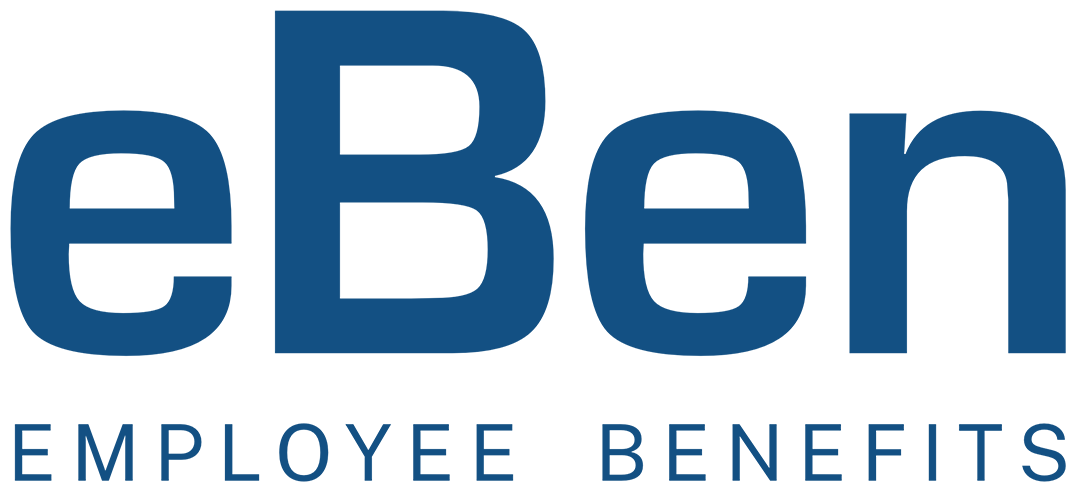 While the allure of substantial payroll tax savings is strong, employers are urged to use caution when examining supplemental health plans, programs, and arrangements.
While the allure of substantial payroll tax savings is strong, employers are urged to use caution when examining supplemental health plans, programs, and arrangements.
The Internal Revenue Service (IRS) Office of Chief Counsel recently released a legal advice memorandum that discusses the tax treatment of insured, employer-funded, fixed-indemnity wellness policies. The memorandum rejected the claimed tax treatment and alleged advantages of these wellness indemnity payments. It also compared the arrangement to similar “double dipping” arrangements that had been previously rejected by the IRS.
While the Chief Counsel Advice (CCA) is not citable as precedent, it does provide employers and wellness plan sponsors with valuable insight into current IRS policy. Let’s take a closer look into supplemental health plans and the importance of understanding IRS opinion to ensure FICA compliance.
Recent IRS Guidance
The wellness plan that was analyzed in CCA 202323006 is a type of voluntary plan offered by an employer to its employees as a way to supplement their existing comprehensive health coverage. The employer also offered wellness fixed-indemnity coverage which qualifies under Section 106 as an accident and health plan.
In the memo, the policy addressed by the Chief Counsel offered certain “tax-free” wellness indemnity payments to qualifying employees who made at least $1,200 monthly premium payments via cafeteria plan salary reductions. It stated that in exchange for participating in some health and wellness activities, employees would receive up to a $1,000 monthly payment through the employer’s payroll system.
The arrangement also provided employees with other optional benefits, such as free wellness and nutritional counseling and additional benefits for each day of hospitalization due to an injury or illness. While many benefits were provided at no cost or fully covered by insurance, employees were ultimately responsible for the cost of participating in these health and wellness activities.
The recent CCA found that the wellness indemnity payments should be included as an employee’s gross income if the employee did not have any unreimbursed medical expenses related to the payments. In addition, the payments are subject to FUTA, FICA, and federal income tax withholding.
Understanding FICA Historically
Previous IRS Rulings
 While the IRS’s most recent memorandum regarding the tax treatment of employer-funded, insured, fixed-indemnity wellness policies has brought light to an important topic, it isn’t the first time a health benefits-based program promised significant tax savings.
While the IRS’s most recent memorandum regarding the tax treatment of employer-funded, insured, fixed-indemnity wellness policies has brought light to an important topic, it isn’t the first time a health benefits-based program promised significant tax savings.
In 2002, an IRS revenue ruling examined and rejected a previous “double dipping” arrangement in which employers were prompted to reimburse employees tax-free for any health premiums the workers had paid on a pre-tax basis.
This arrangement resulted in a reduction in employee pay on a pre-tax basis for health insurance premiums. In turn, the employer’s payroll tax liability and the employee’s taxable income were reduced.
The employee was then reimbursed by the employer for a portion of the premium expenses that were deducted from their salary. The reimbursement was claimed as an employer expense and deemed as not taxable income to the employee.
In disagreement with the claimed tax treatment, the IRS stated that for an employee to be reimbursed on a non-taxable basis for insurance premiums, that employee must first
incur the cost.
As the employee paid the premiums using pre-tax dollars and the law considers the portion of the premiums that were reimbursed as an expense as paid by the employer, the employer was taking the deduction twice or “double-dipping.”
Importance of Understanding
IRS Opinion
 The importance of employee health and its impact on job satisfaction cannot be understated. Furthermore, there are many types of plans and programs for employers that wish to promote positive employee health and wellness.
The importance of employee health and its impact on job satisfaction cannot be understated. Furthermore, there are many types of plans and programs for employers that wish to promote positive employee health and wellness.
Fixed-indemnity plans that are funded through pre-tax contributions can be a viable option for employers that want to encourage participation in wellness activities and promote overall better health.
However, there are no tax breaks for benefit payments that are made through this type of plan. The IRS memorandum clarifies that wellness benefit payments do not meet the necessary exceptions under employment tax provisions.
Understanding the IRS’s opinion despite its non-precedential nature can help employers avoid potential double-dipping arrangements that could result in non-compliance penalties, such as a public reprimand, the suspension or restriction of certain business activities, and a remediation directive.
While these double-sipping arrangements can vary in design and alleged savings, they all follow the same basic concept, which is to save the employer a significant sum of tax dollars.
Being aware of such arrangements is essential for FICA compliance. Consulting with an experienced employee benefits consultant can help you stay in compliance and avoid costly financial and reputational penalties.
Contact eBen Today to Ensure
FICA Compliance
Having a solid grasp of tax withholding rates and understanding IRS guidance in relation to the proper use of supplemental health plans can help ensure that you comply with FICA, the IRS code, and other laws that may impact you and your workforce. At eBen, we offer comprehensive employee benefits compliance services to reduce your exposure to potential financial and legal penalties. Learn more about our services here.


